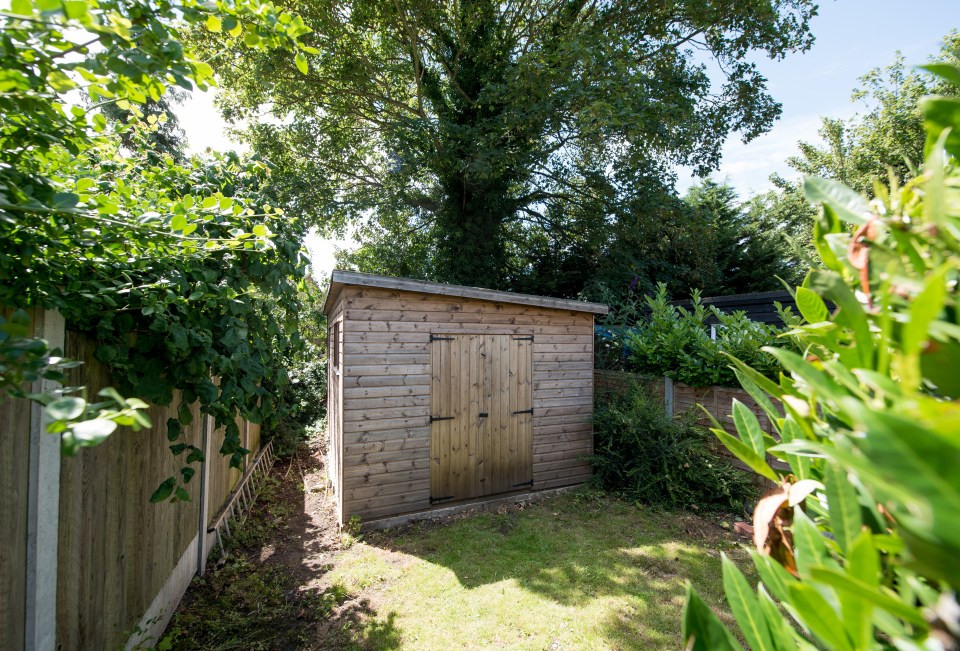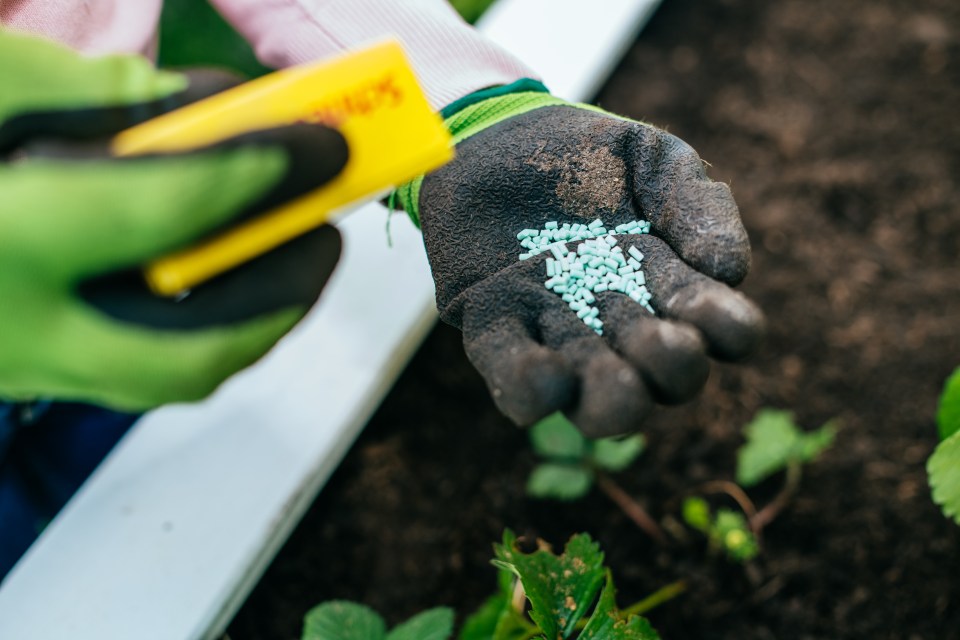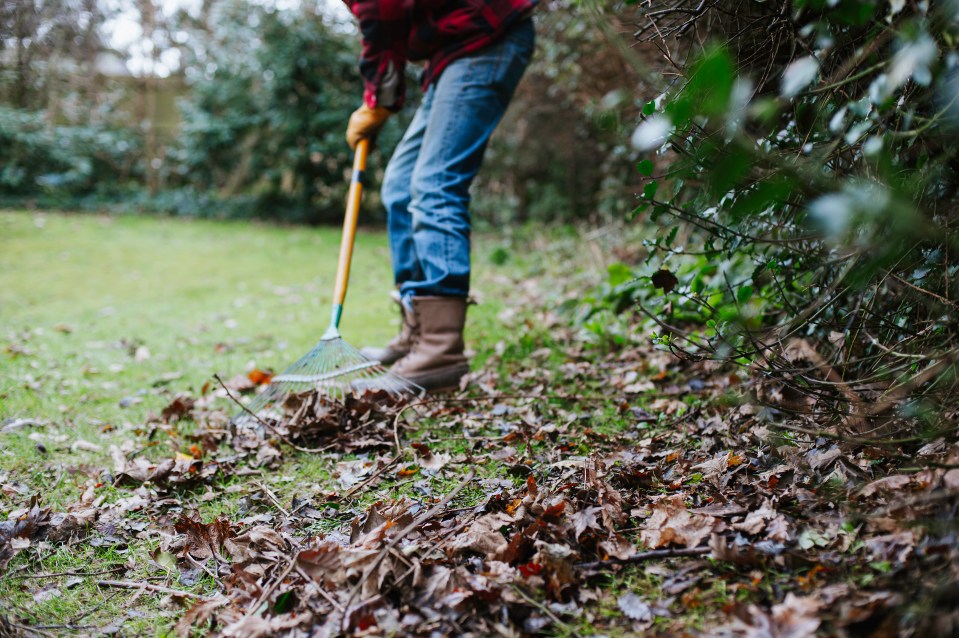GARDENERS have been warned how they could be slapped with an hefty fine for “illegally storing” certain items in their shed.
The penalty comes as a shock with this household substance being commonplace for tackling garden pests.
Metaldehyde slug pellets were used to control snails and slugs but it was banned in the UK in 2022.
The pesticide prevented creatures from snacking on homegrown plants and veg, but it was scrapped due to its harmful effects.
Introduced in the 1940s, the long-used products were a “go-to” garden tool to keep your plot looking pristine.
Metaldehyde pellets unfortunately don’t only impact snails and slugs but it also affects birds, mammals, and other wildlife.
The ingredients used is toxic to a plethora of small animals that could be hiding in your garden – including hedgehogs and frogs.
When the ban came in, Farming Minister Victoria Prentis said: “The scientific evidence is clear – the risks metaldehyde poses to the environment and to wildlife are too great.
“The government is committed to building back greener from Coronavirus and the restrictions on the use of metaldehyde are another step towards building a cleaner and greener country for the next generation.”
Don’t let the “organic” labelling persuade you into thinking it’s safe as they can still be fatal.
After the ban came in, gardeners have been urged to check their shed or outdoor storage for the chemical as they could be hit with a hefty fine.
Retailers can no longer sell or supply the product but customers are also no longer allowed to store it.
This means even if you purchased the pellets years ago and they’re collecting dust, you could still be unknowingly breaking the law.
Natural repellents include crushed eggshells, coffee grounds, or even beer traps.
An experiment by horticultural charity Garden Organic found that slugs are 64 times more likely to be caught in a trap containing larger than one containing water.
And when it comes to what kind of beer the slugs are most attracted to, a bitter is top of the list.
Garden Organic’s chief executive Fiona Taylor is hopeful that the slug pellet ban is a sign of things to come.
“We are pleased that the government has listened to safety and environment experts about the huge risks of this chemical, which far outweigh any benefits,” she said.
“We hope this is the start of a range of measures which sees an end to the use of harmful pesticides.
“If we care about wildlife and the future of our planet, we must make the positive move to organic, environmentally friendly methods for our gardens, allotments, balconies and pots.”
These can be used to dissuage the little creatures from your garden without hurting them as it makes it difficult to eat the plant without causuing injury.
Ways to Tackle Garden Pests
Looking for alternatives to metaldehyde slug pellets? Here are some eco-friendly and effective methods to protect your garden:
- Beer Traps: Sink small containers filled with beer into the soil, leaving the rim level with the ground. Slugs are drawn to the smell, fall in, and are unable to escape.
- Crushed Eggshells: Scatter crushed eggshells around the base of plants. Their sharp edges act as a natural barrier, deterring slugs and snails.
- Coffee Grounds: Spread used coffee grounds around your plants. Not only do they improve the soil, but their texture and caffeine content can discourage slugs and other pests.
- Copper Tape or Rings: Place these around pots or raised beds. The slight electrical charge they generate repels slugs and snails.
- Encourage Natural Predators: Create habitats for hedgehogs, frogs, and birds, which are excellent at keeping pest populations under control.
By combining these methods, you can manage pests effectively while keeping your garden safe for wildlife and the environment.


